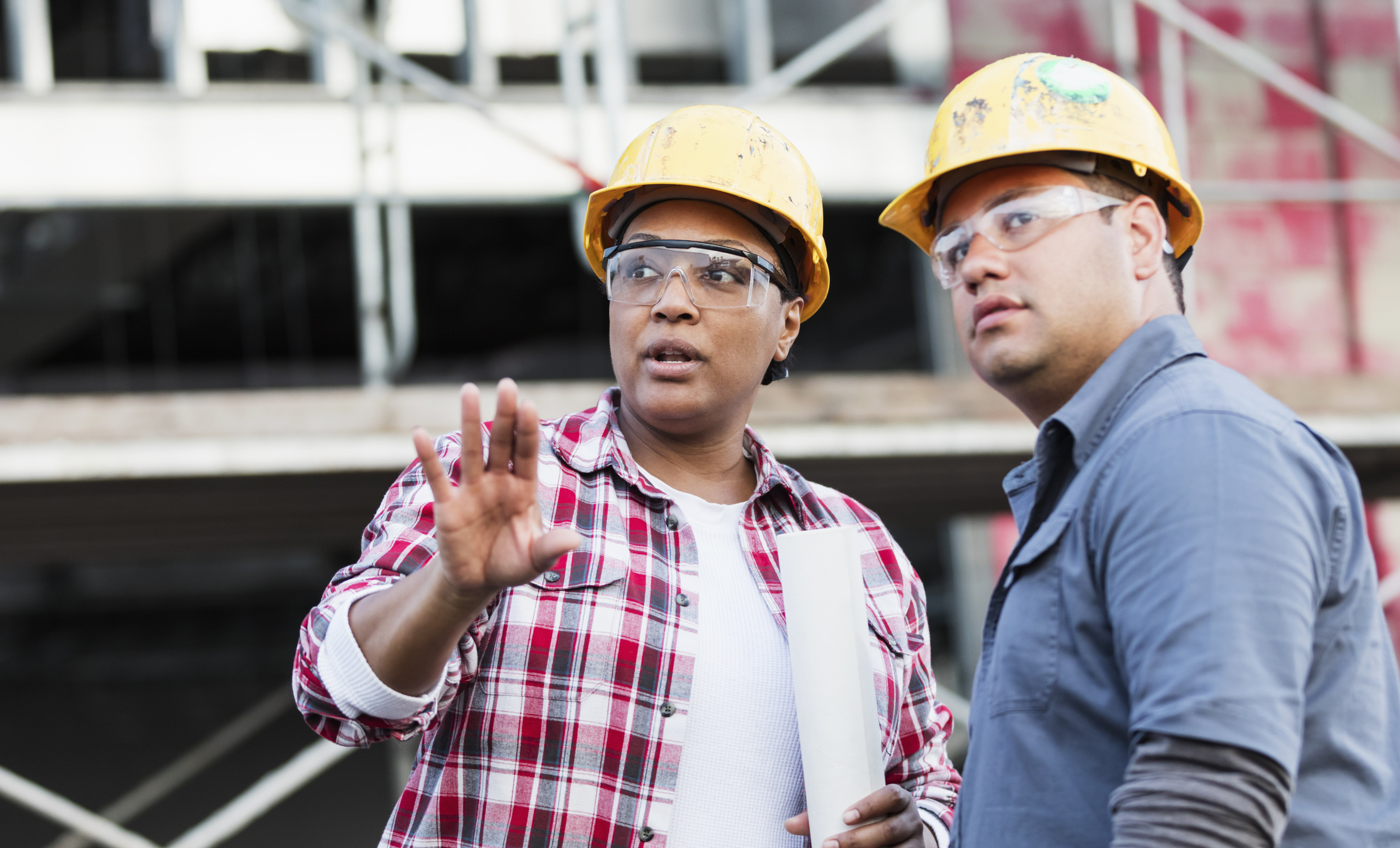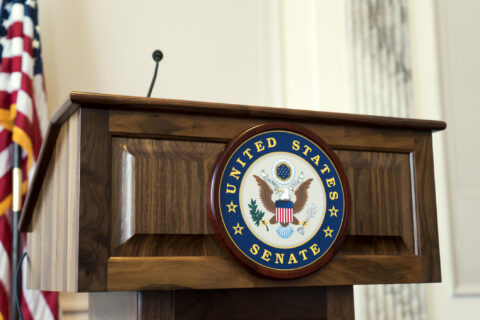Cities, towns, and villages play a crucial role in driving economic growth, promoting equity, and meeting sustainability goals within their communities. The demand for building retrofits and the modification of existing buildings to be more energy efficient presents a significant opportunity to achieve these goals, and federal funding from the Inflation Reduction Act and the Bipartisan Infrastructure Law can be leveraged to invest in workforce development and create inclusive economic opportunities.
The report, Growing the Workforce Needed for Building Retrofits: A Guide for U.S. Cities, provides valuable insights and recommendations for local elected officials to maximize potential federal funding and address the workforce needs in the building retrofit sector. Below are some key takeaways that can guide your efforts in driving workforce development and economic growth in your communities.
Leverage Federal Funding

The Inflation Reduction Act and the Bipartisan Infrastructure Law provide significant funding for clean energy and decarbonization initiatives. Local elected officials can partner with local community development finance institutions, banks, and business technical assistance partners to ensure small businesses have access to low-cost financing and advising to meet apprenticeship and prevailing wage requirements.
Promote Inclusive Economic Opportunities

It is important to foster a skilled workforce to meet the growing demand for construction jobs in the building retrofit sector. By partnering with employers, labor organizations and other stakeholders, local elected officials can make a real impact in reducing workforce disparities and creating well-paying career opportunities for underrepresented communities.
Support Apprenticeships and On-the-Job Training

Addressing the diversity gap in the building retrofit workforce is crucial. Encouraging the inclusion of underrepresented groups in the construction sector, such as Black, Indigenous and People of Color and women, into apprenticeship programs and supporting increased training opportunities with wraparound services can help create a more inclusive workforce.
Update City Procurement Processes

Municipalities can influence workforce diversity and apprenticeship opportunities by requiring a certain number of registered apprentices on government-funded construction projects.
Build Strategic Partnerships

Collaborating with educational institutions, such as community colleges, to provide training and credentialing programs can prepare students for building retrofit jobs and address the workforce needs in your communities.
By utilizing the above strategies, Charlotte, NC, founded the Partners for Inclusive Employment and Career Excellence (PIECE) with two regional nonprofits committed to building an inclusive workforce. The city allocated $500,000 of CARES Act funding to focus PIECE on HVAC and energy efficiency training, offering a paid 13-week training under the joint direction of Charlotte’s Economic Development Department and the Office of Sustainability and Resilience.
Municipalities have the power within the local jurisdiction to influence policy, regulations, and programs to accelerate building retrofits and ensure that equity and inclusive economic opportunity are centered in all sustainability efforts. By taking proactive steps to invest in workforce development and promote inclusive economic opportunities for building retrofits, you can drive sustainable growth and create a more resilient and equitable future for your communities.
Learn More
Access NLC’s report, Creating Good, Green Jobs in the Building Sector Part 1: Making the Case in NLC’s Resource Library.








